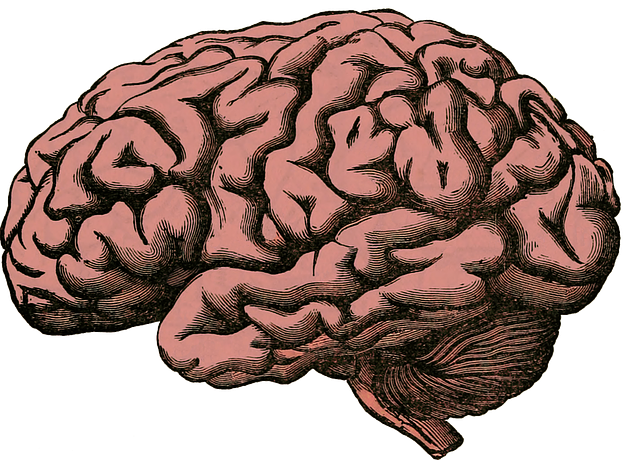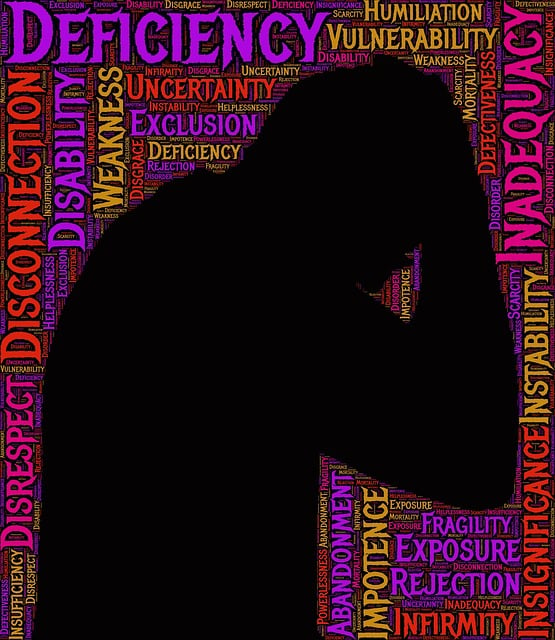Mental health policies play a pivotal role in providing adequate support for young adults after divorce, addressing their distinct emotional challenges. Early intervention, integrated care models, and compassion cultivation techniques within therapy significantly enhance recovery and resilience-building. Tailored interventions focus on reducing stress, anxiety, and depression, fostering long-term adaptability and well-being. The current mental healthcare landscape lacks specialized therapy options for this demographic, exacerbated by insufficient provider training in cultural sensitivity. Advocacy efforts highlight the success of case studies demonstrating positive change through tailored support systems, self-care practices, and routine development. Evidence-based policy changes, accessible therapy services, and burnout prevention strategies are crucial. Community resources, including local organizations and support groups, are essential for enhancing access to therapy and fostering emotional healing among young adults dealing with divorce.
Mental health policy analysis is crucial for understanding and addressing the unique challenges faced by young adults post divorce. This article delves into the impact of mental health policies on this vulnerable demographic, identifying gaps in current therapy options. By analyzing successful advocacy strategies and proposing evidence-based policy changes, we aim to enhance support systems. Key aspects include community resource collaboration, emphasizing the importance of accessible and tailored therapy for young adults experiencing divorce-related mental health issues.
- Understanding Mental Health Policy and Its Impact on Young Adults Post Divorce
- Identifying Gaps in Current Therapy Options for This Demographic
- Analyzing Successful Advocacy Strategies in Related Cases
- Proposing Evidence-Based Policy Changes for Improved Support
- The Role of Community Resources and Collaboration in Effective Advocacy
Understanding Mental Health Policy and Its Impact on Young Adults Post Divorce

Mental health policy plays a pivotal role in shaping the support systems available for young adults navigating the challenges post divorce. This critical period often presents unique and complex emotional hurdles, demanding tailored interventions. The impact of divorce on mental well-being is profound, with many young adults grappling with increased stress, anxiety, and depression. Accessing appropriate therapy for young adults post divorce becomes an essential component of their recovery and resilience-building process.
Policies that advocate for early intervention and integrated care models can significantly enhance support systems. Incorporating compassion cultivation practices within therapeutic frameworks has shown promise in fostering emotional healing. By integrating these practices alongside traditional talk therapy, mental health professionals can equip young adults with stress reduction methods and resilience-building skills, enabling them to cope more effectively with the aftermath of divorce. Such policies not only address immediate mental health needs but also contribute to long-term well-being and adaptability.
Identifying Gaps in Current Therapy Options for This Demographic

In many regions, there is a notable gap in the availability and accessibility of specialized therapy options tailored for young adults grappling with the aftermath of divorce. While traditional therapeutic approaches may be effective for older demographics, the unique challenges faced by younger individuals often require more nuanced strategies. For instance, therapies that address coping mechanisms specific to divorce, such as managing complex emotions, rebuilding social support networks, and adjusting to new family structures, are not always readily available or adequately integrated into mainstream mental healthcare services.
This disparity can be further compounded by the lack of specialized healthcare provider training in areas like cultural competency and sensitivity towards diverse experiences, including those related to divorce. Implementing comprehensive cultural sensitivity in mental healthcare practice and ensuring healthcare provider cultural competency training are vital steps towards addressing these gaps. By equipping professionals with the skills to provide mood management strategies that cater to the specific needs of young adults dealing with divorce, we can significantly enhance the quality and accessibility of care within this critical demographic.
Analyzing Successful Advocacy Strategies in Related Cases

Successful advocacy strategies in mental health policy often draw on case studies where specific populations have seen remarkable improvements. For example, campaigns focused on therapy for young adults have gained traction by highlighting the unique challenges faced by this demographic and advocating for tailored support systems. These efforts have led to increased access to specialized therapy programs designed to address issues like anxiety, depression, and trauma common in younger individuals.
In parallel, self-care practices and routine development have emerged as powerful tools in mental wellness advocacy. By promoting self-care methods such as mindfulness, meditation, and stress reduction techniques, advocates have successfully pushed for policies that encourage workplace and community initiatives focused on stress reduction methods. This shift acknowledges the importance of proactive measures to foster better mental health among all individuals, including those dealing with the complexities of divorce or other life transitions.
Proposing Evidence-Based Policy Changes for Improved Support

In mental health policy analysis, proposing evidence-based policy changes is pivotal to enhancing support systems, especially for vulnerable populations such as young adults grappling with the aftermath of divorce. Therapy for young adults navigating divorce can significantly impact their emotional regulation and long-term mental well-being. Policies that advocate for accessible and affordable therapy services, tailored for this demographic, are essential steps towards prevention. By implementing evidence-based practices, such as incorporating burnout prevention strategies for healthcare providers to maintain resilience, we can ensure consistent and quality care.
Additionally, focusing on mood management techniques within these policies can further mitigate risks associated with divorce, including depression and anxiety. These proactive measures aim to equip young adults with the tools necessary to cope and thrive, thereby reducing the emotional toll often experienced during and after divorce.
The Role of Community Resources and Collaboration in Effective Advocacy

In the realm of mental health policy analysis and advocacy, community resources play a pivotal role in ensuring holistic care for young adults navigating the complexities of divorce. Effective collaboration between local organizations, healthcare providers, and support groups can significantly enhance access to therapy and self-esteem improvement initiatives. These partnerships facilitate the implementation of tailored Community Outreach Program that cater to diverse needs, fostering emotional healing processes within affected communities.
By leveraging community resources, advocates can address barriers to care, such as limited access to specialized therapy for young adults divorcees. Collaborative efforts enable the integration of mental health services into existing social support networks, promoting resilience and coping strategies among individuals struggling with this life transition. This collective approach not only amplifies advocacy efforts but also ensures sustainable impact in fostering emotional well-being at the grassroots level.
Mental health policy plays a pivotal role in shaping support systems for young adults post divorce, addressing therapy gaps is crucial. By analyzing successful advocacy strategies and evidence-based policy proposals, we can foster more effective community resources and collaboration. Implementing these changes will enhance the availability and quality of therapy for young adults divorce, ultimately improving their mental health outcomes and overall well-being.














